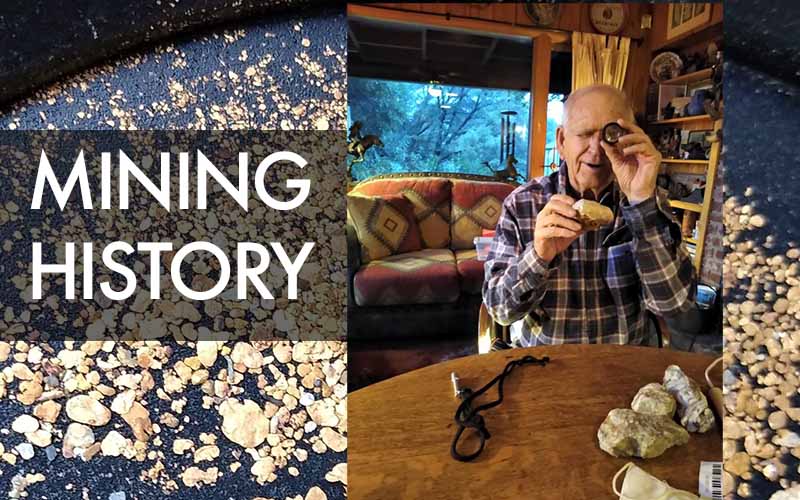Mining is not for the faint-hearted. Mining is for special people with the courage to face what appears to be unmovable objects, which they conquer. It is for those who can face the unknown, and, even with uncertainty, move forward. Miners have the patience to last through, and the determination to do it. They are tried many times, fail many times, and yet continue, and through it all they never lose sight of their goal. Our West was made by people like this, and thanks to them we live here today. We are not only carrying on a tradition, we are making history ourselves. Not all of the miners will make it financially, but we do make it as individuals. This in itself may be worth more than all the gold we can find.
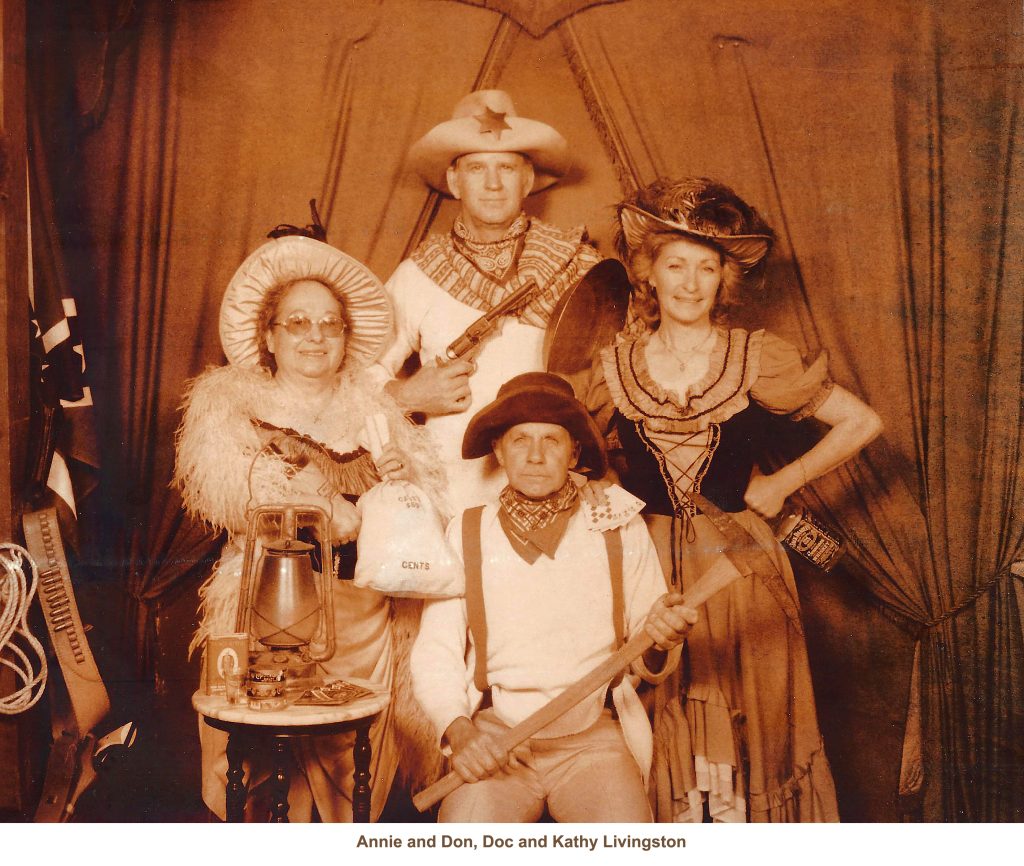
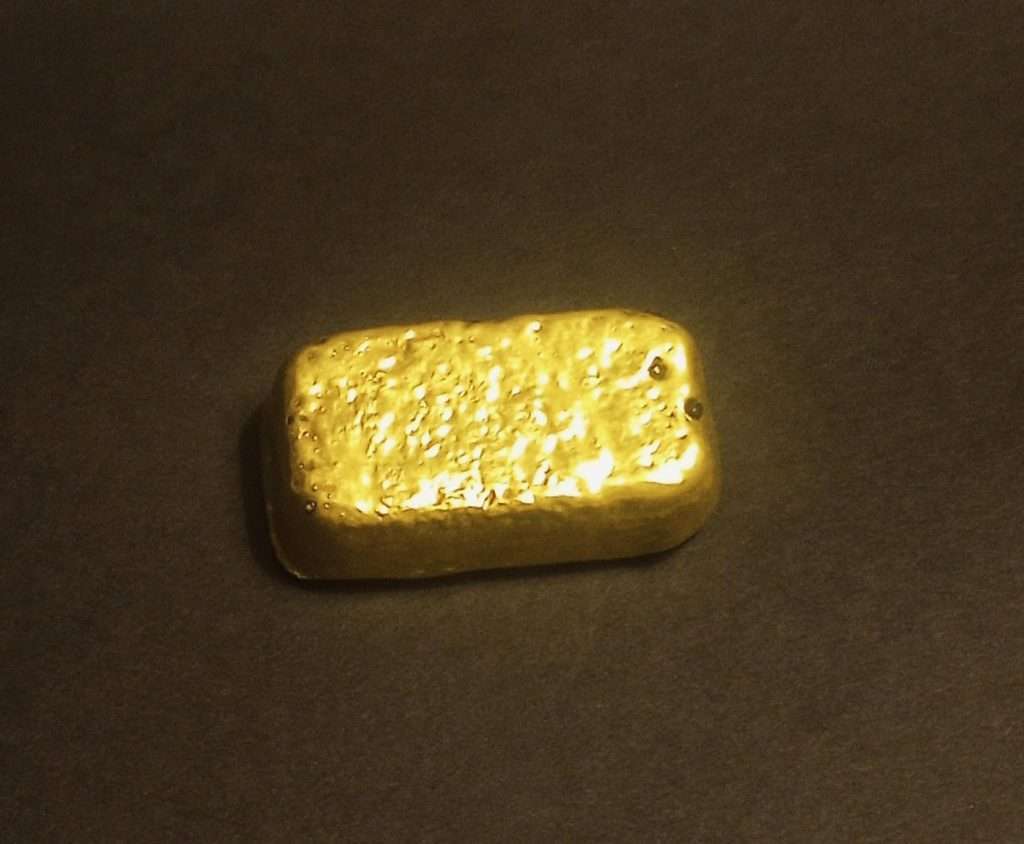
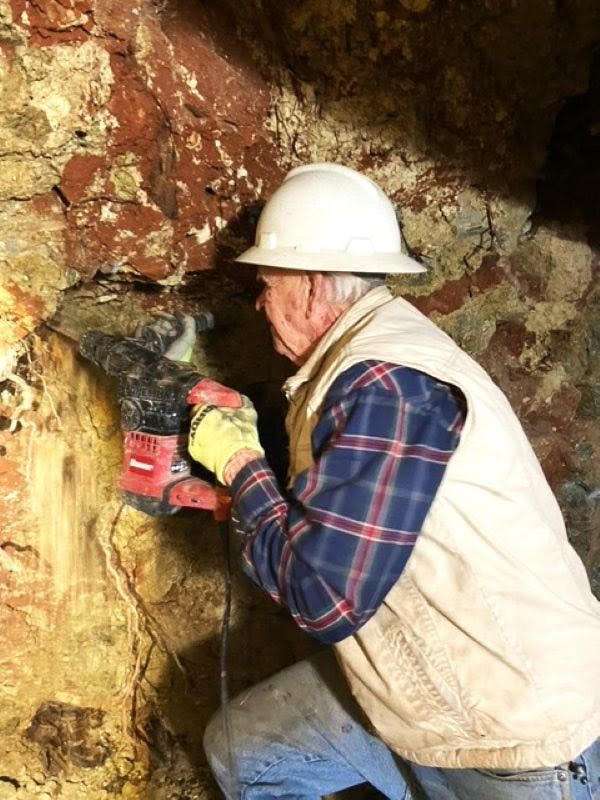
Our story this month covers two such people. The first was A. 0.Bell, of Auburn, in 1877. This true story is taken from the Placer County History, which was written in 1882, and is copied exactly as follows.
“The richest strike made in this county for many years, and as rich perhaps as was ever made, we have the pleasure of recording. A.O. Bell, commonly called Pike Bell, who with his family has resided for many years on Bald Hill, a few miles north of Auburn, as many know, is a dauntless prospector. Though occasionally making a strike of some considerable importance in the past, he has managed, like most modern prospectors to keep poor. Last winter in particular, he was in very straightened circumstances; having no money and the merchants refusing to credit him, he offered his horse worth about $50.00 for $10.00, that he might buy bread for his children, and failing in his efforts to sacrifice his horse, he pawned the ring off his wife’s finger to obtain the necessaries of life.
Under such circumstances many would have given up prospecting and gone at something that promised more certain results. Not so, however, with Pike. Day by day he continued his searches for the glittering treasure, and whether the passing day had revealed a color or not, his spirits were always jubilant, apparently kept up by the hope, that seemed never to desert him, of doing better on the morrow. At last the lucky day came.
It was about three weeks ago, when hunting around over the hills, he struck his pick into a little mound which resembled somewhat in appearance an anthill, and to his delight he unearthed some pieces of decomposed quartz, attached to which were some colors of gold. Encouraged at this prospect he began to sink on his new lead and was rewarded by finding more or less gold at every stage of descent. Last Saturday he had reached a depth of about thirty feet and had taken out in sinking that far, rock estimated to be worth about $1,500. The rock being rotten, or what is called by quartz miners decomposed, he had, with little effort, pounded out in a mortar enough to pay expenses as he progressed. The result this far had been very good and as the rock had got richer as he got deeper, he was of course entirely pleased at the prospect.
Those he had talked to about his mine considered he had a good thing, but none ever dreamed of the great wealth that was in store for him.
He had hired men to assist him in working the mine, and on last Monday morning they went to work as usual. The gouge, as we would call it, as it is too rotten to be properly called a ledge, was discovered by noon to have become suddenly richer. In the afternoon chunks of almost pure gold were taken out, and the decomposed stuff that filled the interstices between the rocks was so rich in gold that Pike began to wash it out with a pan. From three pans full washed Monday afternoon, he obtained gold estimated to be worth between $4,000 and $5,000. That evening he came into town, and, giving us a hint of what he had got, invited us to go out and see it.
On Tuesday afternoon, in company with Sheriff McCormick, we visited the mine. We found Bell with a pan of gold in his hands worth from $1,000 to $1,500 which he assured us all came from one pan of dirt; “but,” said he, “if you don’t believe it, I will wash another pan and show you.” We told him to wash. The pan was sent down in the shaft and soon returned filled with a mass of muddy, rocky stuff that sparkled all over with pieces of gold. This was washed out, and was found to contain fully as much of the precious metal, if not more, than the one he had just finished panning when we arrived. It was really the greatest sight we ever saw, and McCormick, who mined in California in its balmiest days, says it knocked the spots off of anything he ever saw, except on one particular occasion. Bell having convinced us of the richness of his mine, took us to his house to show us the proceeds of the previous days panning, that we might be convinced of all he had told us. The sight was one more easily imagined than described. As we looked upon the pans of gold before us, we thought of Aladdin and his wonderful lamp, and wondered if the story had not been suggested by some such reality as was before us.
On Wednesday evening, Mr. Bell (it is “Mr.” now since he has a lot of gold, it was “Pike” before) was in town again, and he informed us that what we saw was nothing; that he had taken out $10,000 in three pans that day; and that he had taken out, all totaled up to that time, between $30,000 and $35.000 and that he had an offer and was about to sell for $20,000. When asked his notion for selling, he said he would get away with $50,000 and that was money enough for him. To be sure, it is a good stake, and when we consider that it was made in three days, it must be confessed that the chances for making a sudden fortune in California are not all gone.”
Now that story is hard to beat. Yet, for persistence, consider George W. Reamer, of the Foresthill Divide. On August 3, 1852, he started a bed-rock tunnel in the New Jersey claim at Foresthill, and for SIX YEARS and six months worked in sold rock, with no trace of the precious metal. Can you imagine working for 6 years, plus, and not finding anything? That is persistence. Well, George did not give up. His only incentive was that the claim next to his, the Jenny Lind, had “struck it rich,” During these years he had sold shares in his enterprise in order to keep going, and finally reached the point where he was at the end of his rope. It was finally decided to raise a chute up through the rock, and if no pay dirt, to abandon the claim. Well, the raise” went in, and a bed of very rich gravel was hit. In less than six weeks he paid off the entire indebtedness of the claim, which amounted to about $40,000. In those times that was a fortune. He worked this upper lead for years, and the first seven years yielded over one million dollars.
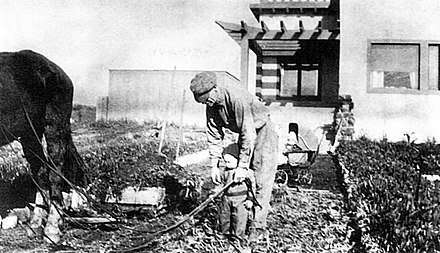
Well now, each of these two miners finally got their reward! Let’s hope our turn is not far behind!
Don

